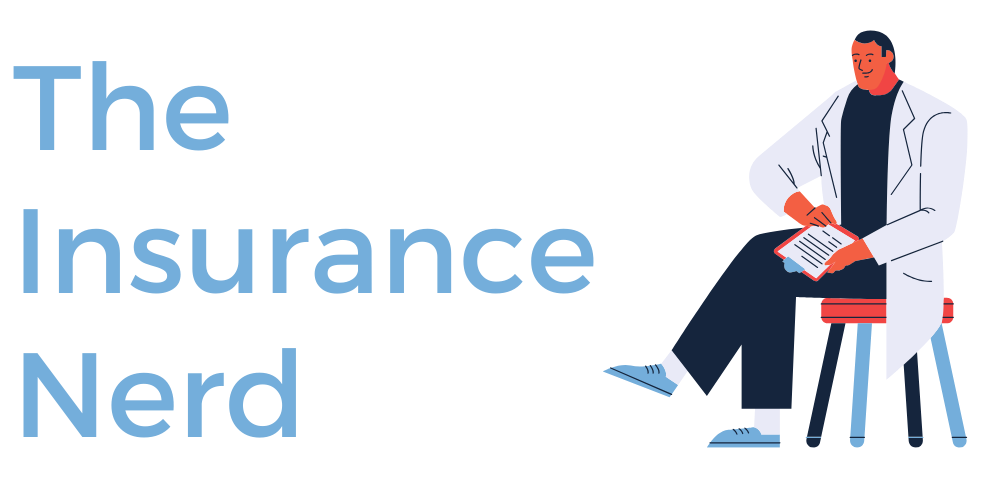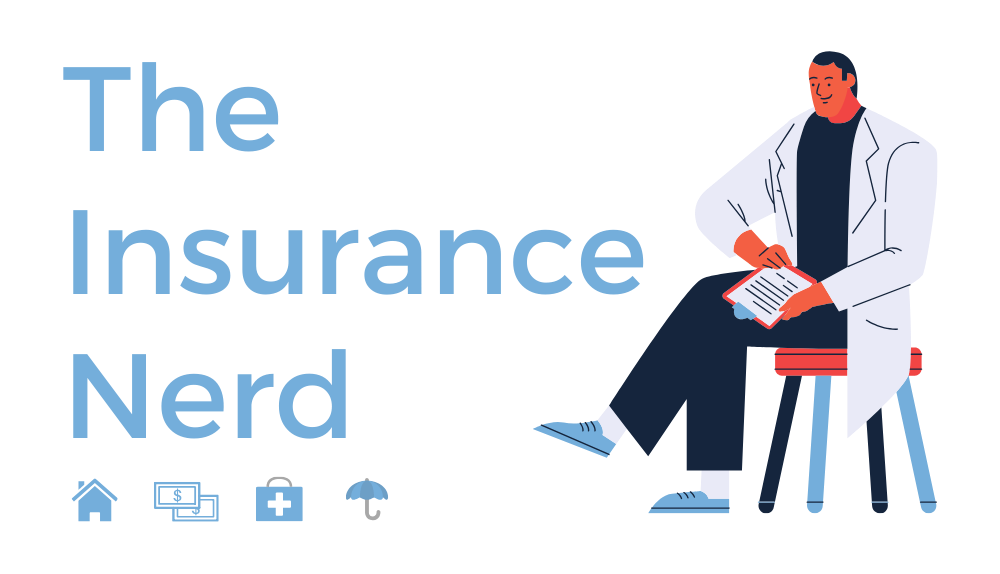Insurance is a safety net because insurers pay for incurred injuries or damages. They pay and reimburse for the insured person or object.
Moreover, in exchange for paying premiums, the risk goes to the insurer. That’s because they will manage your probability of suffering from losses.
For example, your auto insurance policy will pay the damages for your wrecked car. Meanwhile, if you are sick, your health insurance policy will pay for your medical bills.
There are different kinds of insurance, and you should always buy according to your needs. Hence, here is a guide on health insurance and your benefits after quitting your job.
What Is Health Insurance?
Health insurance pays for your medical bills that are part of your plan. The insurance company also reimburses your medical expenses due to injuries or sickness.
Examples of expenses are your screenings, surgeries, prescribed medicines, and sometimes dental expenses.
Moreover, health insurance is usually included in employee benefit packages. Thus, it entices the best employees to stay!
Companies usually offer this to show that they care for their employees’ future! It also increases productivity and boosts the morale of employees.
But how does health insurance work?
Besides paying for premiums, you have to pay for a deductible which is an out-of-pocket cost. You have to pay it before your health provider reimburses your medical expenses.
After paying a deductible, you also have to pay the amount stated in your coinsurance clause. It happens after you reach your deductible.
You also pay co-pays which is a payment for your medical provider as part of the cost-sharing terms. Hence, insurance plans with high deductibles pay lower premiums!
Health Insurance Plans From Private Companies
The following are some health insurance plans private companies offer to their employees:
1.Medicare Part A pays for your medical care and assisted facility care. It also covers expenses from home health services and hospice care.
2. Medicare Part B pays for services due to medical necessities. It covers expenses due to services or supplies used for treating your condition.
It pays for your doctor and emergency visits. It also pays for your medical equipment like walkers, wheelchairs, and crutches.
Medicare Part B pays for your preventive care! This plan prevents you from getting illnesses.
It pays for your vaccines and laboratory tests such as blood tests, urinalysis, and x-rays. It also pays for mental health services like counseling.
This plan also pays for the improvement and restoration of your body functions. It covers rehabilitative services such as occupational therapy and speech-language pathology.
3. Medicare Advantage Plan is less expensive and covers more expenses. Buying this plan does not mean you are no longer part of the Medicare Program.
You can still enjoy Medicare protection and rights from Plan A and B. This plan may include the following:
- Care for Eye Vision: Your plan could cover eye vision tests, contact lenses, and eyeglasses.
- Care for Hearing: Your plan could cover payment for hearing checkups and hearing aids.
- Prescription of Medicine: Your plan could cover the expenses for your prescribed medicine. Usually, this plan pays for vaccines such as flu or pneumonia and antigens.
- Wellness Programs: Your plan could cover gym memberships and physical fitness programs.
This plan covers medical expenses from abroad. It can pay at least 80% of your medical expenses incurred from a different country.
4. Medicare Supplement has standardized plans A, B, C, D, F, G, K, L, M, and N.
The plans are renewable for a lifetime. This means that no matter what your age and health conditions are, your plan does not get revoked.
Insurance carriers may rate your premiums in the following manners:
- Rate based on attained age: Your age when you first bought the plan is the basis of your premiums. Your premiums increase as you age.
- Rate based on age issued: Like the first one, your age when you first bought the plan is the basis of your premiums. But the older you buy the plan, the higher your premium is.
- Rate based on no-age community: Fees offered in your area, regardless of age, is the basis of your premiums.
What Happens to Your Health Insurance After Leaving Your Job?
Health benefits play a significant role in career decisions. Many employees stay due to these benefits.
But for those who decide to leave, health benefits may end immediately after quitting. So what happens to your health insurance plan after leaving your job?
There are two options:
1. Continue Your Health Plan Through COBRA
You may keep your job-based health insurance plan through COBRA. It means Consolidated Omnibus Budget Reconciliation Act (COBRA).
This law allows employees to stay on their health plan after quitting a job. This provides the same level of insurance from your job even though they no longer subsidize it.
This law subsidizes you for a limited time, usually for 18 months. However, you will pay significantly higher premiums plus an administrative fee.
To know more about COBRA, contact your company so they can explain this to you.
2. Purchase Your Own Plan
It is not easy to decide whether to continue the benefits from your previous job or buy a new one.
That is why it is important to compare the plans offered to you with your job-based health plan. Weigh the pros and cons.
Here are some options if you decide not to continue your plan from your employer and buy your own plan:
Health Maintenance Organization (HMO)
It covers expenses from medical providers within HMO’s network. You also need a referral letter from your primary care doctor before seeking a specialist’s help.
HMO plans have low coverage, but you also pay low premiums. Thus, this is usually the cheapest plan.
Preferred Provider Organization (PPO)
It covers expenses from doctors within or outside PPO. You also do not need a referral from your primary care doctor to see a specialist.
PPO is like an indemnity plan for the reason that it allows you to visit your preferred doctor. However, you have to pay higher costs if you seek a medical provider out of PPO’s network.
Point of Service (POS)
It requires you to choose a doctor within the network. You also have the option to see specialists even without a referral.
Again, seeking medical care outside the network has a higher cost.
A Point of Service Plan is like HMO and PPO plans. But you pay lower premiums and copayments in POS than in HMO and PPO plans.
Moreover, a POS plan has more selection than a plan from HMO. You also do not pay deductibles when you have PCP in your plan.
Marketplace
If you want other options, you may choose from the insurance marketplace. Each state has a website for the insurance marketplace.
This website is trustworthy since it is set up by the state or federal government.
You can also get financial help in paying your premiums through the marketplace. But this usually depends on your salary.
Factors to Consider When Purchasing Health Insurance
When buying a plan, think about what are your possible concerns. Here are some of the concerns you might want to raise:
- How much is the plan? It would help if you evaluated how much your premium and deductible limit is.
- What is the coverage of the plan? It is significant to have coverage that is adequate according to your needs.
- Is there a limit to the choice of doctor? You should ask if you could only use your plan within the network.
- Is the quality of care provided good enough? The quality of care varies since there are different health care providers.
Importance of Health Insurance Especially When Leaving a Job
There is so much to look forward to in life. So health insurance is necessary because it provides financial protection.
Health insurance covers medical bills you have incurred because of illness or injuries. It can also reimburse you.
Moreover, your loved ones will not have a financial burden on them. It is because they would not incur high out-of-pocket costs.
Buying health insurance prevents you from incurring high medical expenses. The following are specific thoughts on why having health insurance is necessary:
- Health insurance covers expenses from your visits to your primary health care provider.
- You have access to preventive care, such as laboratory exams and vaccinations. So you do not have to pay hefty out-of-pocket costs. This is also useful because it helps you to stay fit and healthy!
- Health insurance usually covers emergency services costs. This is helpful because emergency services are also expensive.
Conclusion
Health insurance is important for everyone! It helps you to stay healthy, and it helps you save money.
Moreover, health care expenses can take up a huge share of your income or savings. So it is necessary to have adequate health insurance.
Being underinsured poses risks. You also have to pay out-of-pocket costs that are higher than the premium paid.
Hence, it is wise to invest in health insurance ahead of time!
Loved this article? Read more of this in the following articles:
- Is It Illegal To Not Have Health Insurance? State Requirements And Penalties
- What Is A Qualified Health Plan? Types, Cost, And Comparison
- Why A Medicare Advantage Plan Isn’t For You
Feel free to share your thoughts with us in the comment section if you learned anything new today!





